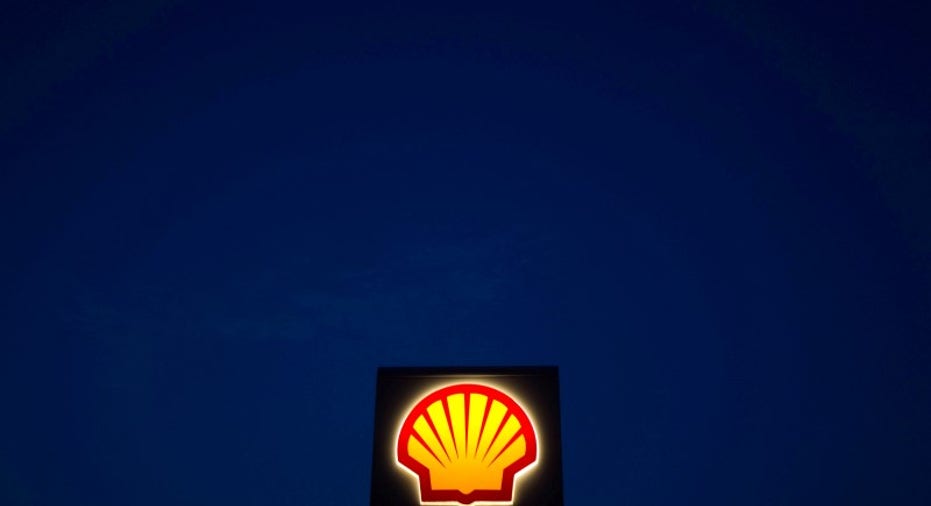Companies Rush to Tap Iranian Market

Royal Dutch Shell (NYSE:RDS.A) announced Wednesday it has signed a provisional agreement with Iran to explore future energy projects in the region.
Though the agreement is nonbinding and the terms have not yet been fully disclosed, Shell said it is working “to further explore areas of potential cooperation” with Tehran.
Shell, the second largest listed oil firm in the world, is the biggest company to express interest in the country since sanctions were lifted in January as part of Iran’s perceived compliance with the controversial nuclear deal.
The Anglo-Dutch oil giant could provide a huge boost to Iran’s energy industry, which took a tremendous hit as a result of financial restrictions imposed by the U.S. and other Western countries.
“People fail to realize how desperate the economic crisis in Iran had become as a result of sanctions. Iran was almost flat on its back financially, dead broke,” John Hannah, deputy national security advisor for the Middle East under Vice President Dick Cheney, told FOXBusiness.com.
Since the sanctions were lifted, businesses have been cautious about investing in Iran. For U.S. companies in particular, additional obstacles took the form of separate sanctions imposed over Iran’s support of terrorism and its human rights abuses.
Still, opportunities for financial gain in the region are plenty, and businesses now seem eager to buy in.
Last month, Total SA (NYSE:TOT) signed a deal with Tehran worth $4.8B to develop the South Pars gas field, the largest in the world. The French oil and gas giant is now reportedly looking to negotiate an oil deal as well.
But it is not just energy companies touching down in Tehran. European plane manufacturer Airbus, along with U.S. aerospace and defense company Boeing (NYSE:BA), were both given the greenlight to sell aircraft to Iran earlier this year.
Boeing, which has been a recent victim of President-elect Donald Trump’s ire over the cost of its new 747 Air Force One jets, told FOXBusiness.com it looked forward to working with the President-elect after his victory last month, and would remain cooperative with his policies in the region.
“Should the U.S. Government determine it is appropriate that the sanctions removed under the nuclear agreement ‘snap back’ into place, we would comply with that determination,” the company’s vice president of communications, Gordon Johndroe, said.
The political uncertainties regarding Trump’s policies toward Iran are profuse. The President-elect, who has called the deal “the worst deal ever negotiated” and has pledged to “dismantle” it, has sparked sharp criticism from Iranian President Hassan Rouhani in recent days.
In an address at the University of Tehran, President Rouhani asked "Do you think the United States can rip up the JCPOA (the Joint Comprehensive Plan of Action nuclear deal)? Do you think we and our nation will let him do that?"
Tehran also reportedly held a vote on Sunday, to ban "the purchase of U.S. consumer goods including animal and agricultural products" in response to the unanimous Senate decision to renew the Iran Sanctions Act.
“The Iranians have no clue what to make of Trump. The uncertainty no doubt has them very nervous. And it has only gotten worse with the appointment of people like [General James] Mattis, [Rep. Mike] Pompeo and [General Mike] Flynn who are known to favor a much tougher approach toward Iran,” Hannah said.
Nevertheless, Shell, which has significant financial interests in the U.S., is no stranger to navigating the difficult relationship between Iran and the Western world. It was one of the first Western companies to reinvest in Iran’s oil sector following its post-Islamic Revolution reopening in the 1990s, though that investment was ultimately cut short by the imposition of tighter financial sanctions.
Royal Dutch Shell stock was trading slightly higher Wednesday afternoon.



















